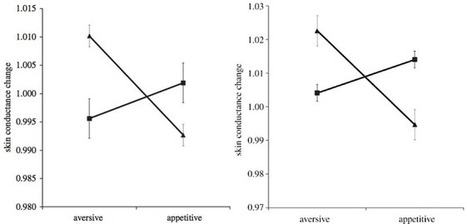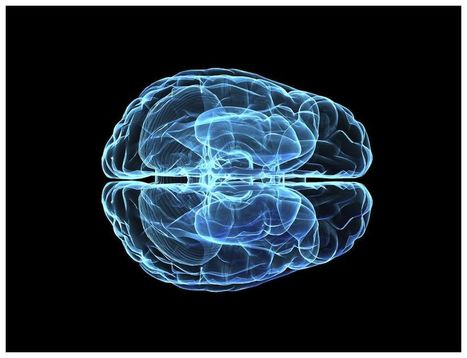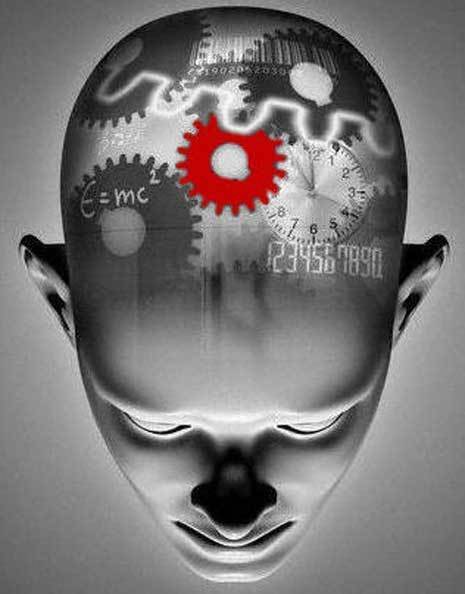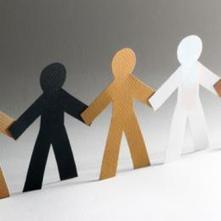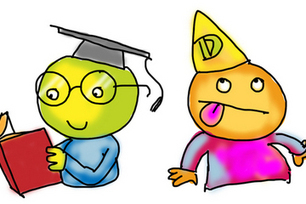University of Toronto psychologist Keith Oatley presents data that seems to show that reading novels improves one’s ability to understand and empathize with others. He demonstrates using brain imaging, that the parts of the brain that are activated when reading stories are the same as those that we use in social interactions. So perhaps the next time you don’t see eye to eye with somebody, the two of you should dive into a good book.
Research and publish the best content.
Get Started for FREE
Sign up with Facebook Sign up with X
I don't have a Facebook or a X account
Already have an account: Login

 Your new post is loading... Your new post is loading...
 Your new post is loading... Your new post is loading...

Urbansocial's curator insight,
July 1, 2014 10:58 AM
Sign up for free to find the woman or man of your dreams. Urban Social - the online dating for sociable singles www.urbansocial.com |
|



![[VIDEO] Reading for Better Understanding | Science News | Scoop.it](https://img.scoop.it/0anfHYGHVOzau_lhsUgCLDl72eJkfbmt4t8yenImKBVvK0kTmF0xjctABnaLJIm9)







